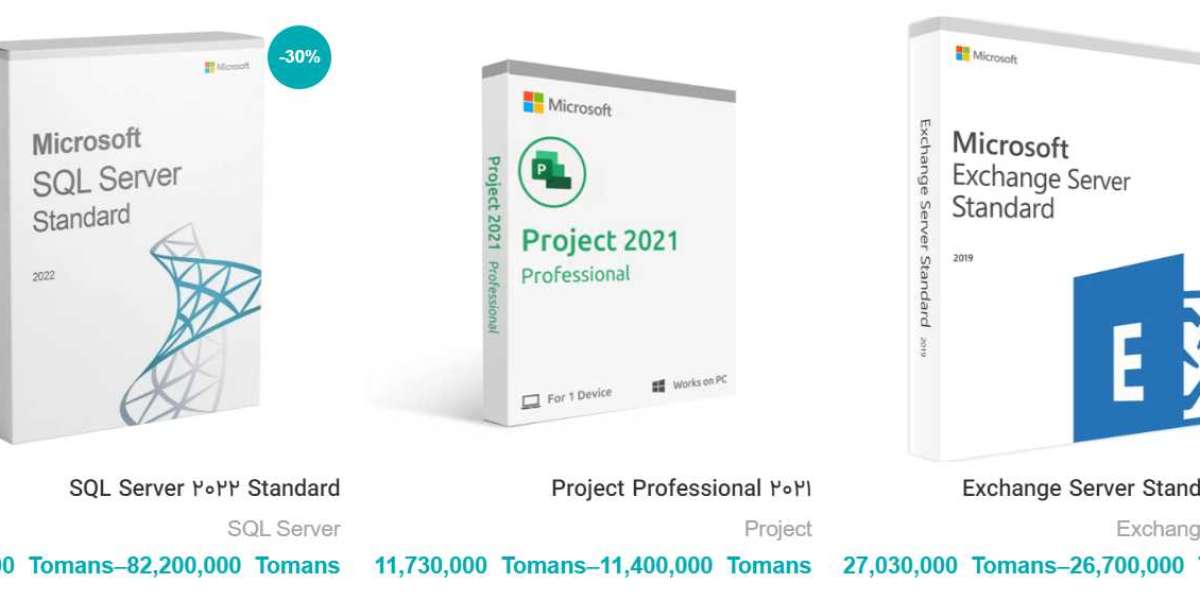Introduction
Calculating capital gains tax can be a complicated process, but it's important to get it right to avoid penalties and interest fees. In this article, we will provide a step-by-step guide on how to calculate capital Capital Gains Tax UK.
Step 1: Determine the Gain
The first step in calculating capital gains tax is to determine the gain made from the sale of an asset. This is calculated by subtracting the original purchase price and any associated costs, such as legal fees or stamp duty, from the sale price.
Step 2: Deduct Any Allowable Losses
If the taxpayer has made any losses on the sale of other assets in the same tax year, these can be deducted from the gain to reduce the amount of capital gains tax owed.
Step 3: Apply for Any Available Relief
There are several reliefs available that can be used to reduce the amount of gain subject to capital gains tax in the UK. These include the annual exemption, which is currently £12,300, and various other reliefs, such as Entrepreneur's Relief, which can be used by business owners.
Step 4: Calculate the Taxable Gain
After deducting any losses and applying any available reliefs, the taxable gain can be calculated. This is the amount of gain that is subject to capital gains tax.
Step 5: Calculate the Tax Liability
The tax liability is calculated by applying the appropriate tax rate to the taxable gain. The tax rate depends on the taxpayer's income tax bracket, with rates ranging from 10% to 28%.
Step 6: Pay the Tax
Capital gains tax must be paid by the self-assessment deadline for the tax year in which the sale took place. The tax can be paid using the HMRC online service, by bank transfer, or by cheque.
Conclusion
Calculating capital gains tax in the UK can be a complex process, but by following these steps, taxpayers can ensure that they are reporting the correct amount of gain and paying the appropriate amount of tax. It's important to keep accurate records of all transactions and consult with a tax professional if you have any questions or concerns about capital gains tax. By doing so, you can avoid penalties and interest fees, and ensure that you are meeting your tax obligations.








